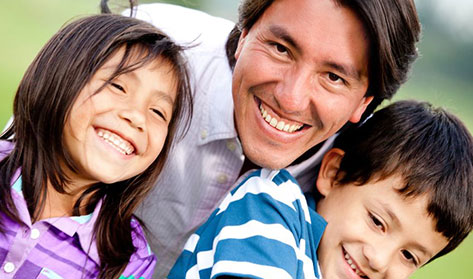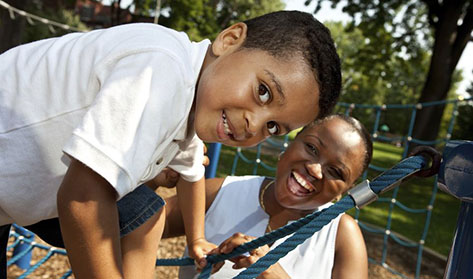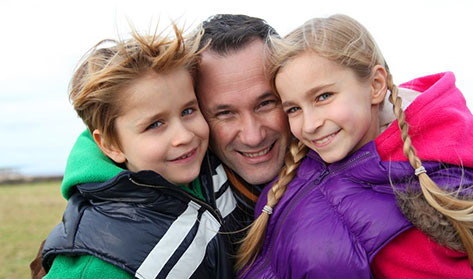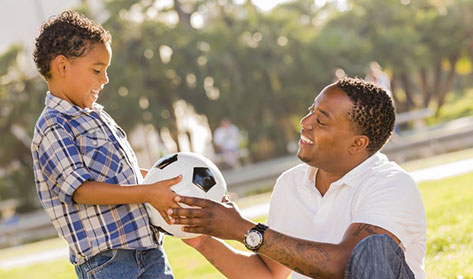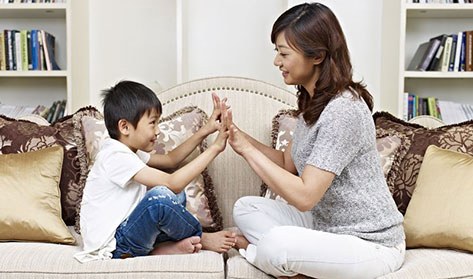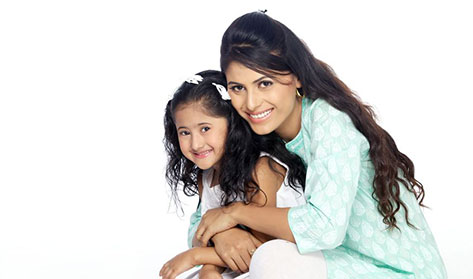Whatever your situation or reasons for getting divorced, this life event isn’t an easy thing to handle. And if you and your spouse have children, your separation becomes a little more complicated. While a family law attorney handles the legal aspects of your case, you and your partner can dedicate more time and energy to helping your children transition through the process.
Below, get tips on how you and your spouse can talk to your kids about your divorce.
-
1. Create a Plan
Before you and your spouse say anything to your kids, sit down together (with your attorneys or a mediator if needed) and create a plan to tell your children about the divorce. Discuss who will say what, who will answer questions your kids ask, and what else you’ll share with your children.
Decide on as many details as possible before you talk to your kids. For example, decide who the kids will live with or if your children will stay in one home. Determine who will take the kids to school and pick them up, what holiday plans look like, and how you’ll celebrate birthdays.
-
2. Focus on Your Kids
During this discussion, focus entirely on your kids. They’ll likely feel confused and upset when you tell them you’re getting divorced, and focusing on their feelings helps them feel important and validated. Remind your kids that they’re not to blame for your decision and that you both still love them even though you and your spouse won’t be together anymore.
-
3. Choose the Right Time
Even though you probably no right time to tell your children about the divorce, you can discuss the situation with them more conveniently.
Tell your kids about the divorce a few weeks before the process is final. Talk with them over a weekend so they have a few days to process everything before school and activities start during the week.
Also, schedule enough time for the discussion so you and your kids can ask any questions they want without feeling rushed to get somewhere else.
-
4. Don’t Tell Your Kids Alone
You and your spouse will still have to co-parent your children after the divorce is final. If your situation allows and you both are able, talk to your kids together about the divorce.
By speaking with your children together and presenting as a united front, you can maintain as much consistency as possible. Your kids may feel less uprooted and confused because they see you and your spouse working together.
-
5. Keep Your Kids’ Ages in Mind
What you tell your kids depends on their age. For example, if you have two children ages five and three, you wouldn’t speak to them the same way you would if they were fifteen and thirteen.
With younger children, use clear and simple language to talk about your divorce. For older kids, you can get a little more complex (e.g., talking to them about related issues they need to know about the divorce).
-
6. Stick to the Facts
No matter how old your children are when you tell them, stick to the facts. Avoid going into too much detail about your divorce — if infidelity is the cause of your separation, for example, your kids probably don’t need to know that information.
You should also keep items and discussions about your divorce out of sight and earshot. Don’t keep your divorce papers laid out on the counter, and don’t talk on the phone or in person with your attorney while your kids are around.
-
7. Let Your Kids Ask Questions
Your kids will have questions. However, let them ask those questions when they’re ready. After you’ve told your children that you’re getting divorced, let them know you’ll address any concerns when they have, but don’t force anything.
Your kids may ask any of the following questions:
- Do you love each other anymore?
- Did we do something wrong?
- Where will we live?
- Are we still a family?
In most Western Washington counties, you also have to attend a parenting seminar as a requirement for your divorce. At these classes, your facilitators will help you prepare for questions your children will ask so you can talk to them clearly and easily.
-
8. Don’t Speak Poorly About Your Spouse to Your Kids
Whether your marriage ends amicably or not, you shouldn’t speak poorly about your spouse to or in front of your kids. Your children may still get to see their other parent, and you don’t want your opinions and experiences to hinder what could be a good relationship.
By creating a plan and using the tips above, you may have an easier time talking to your children about your divorce. Remember, even if you don’t want to tell your kids that you and your partner are separating, having a discussion with them can help them realize they’re not to blame.


